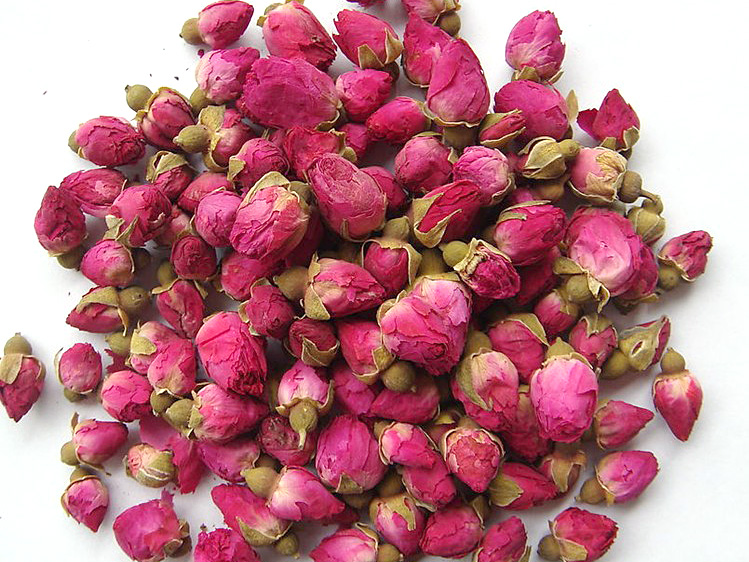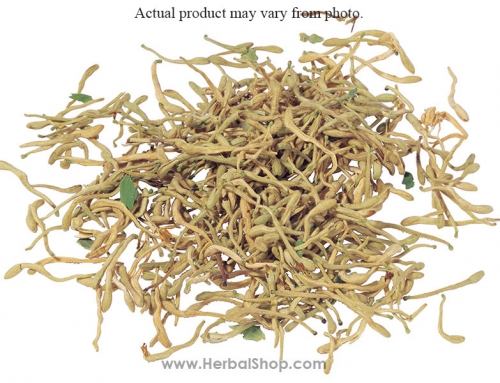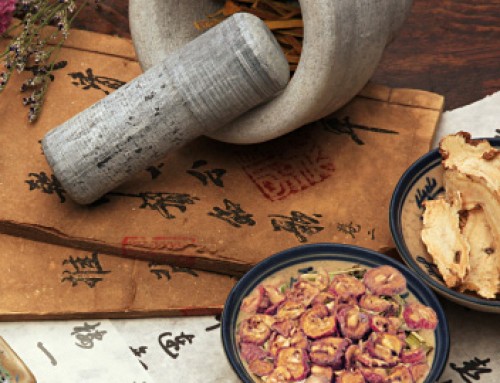玫瑰花
Rose (Meiguihua) Rose (Meiguihua)
Rose (Meiguihua)
Pharmaceutical Name: Flos Rosae rugosae
Botanical Name: Rosa rugosa Thunb.
Common Name: Rose
Source of Earliest Record: Shiwu Bencao
Part Used: The flowers or flower buds are gathered between April and June, then baked before using.
Natural Properties & Taste: Sweet, slightly bitter and warm
Meridians: Liver and spleen
Therapeutic Effects:
1. Regulate qi and reduce stagnation.
2. Removes blood stagnation.
3. Nourishes the skin.
4. Improves digestion.
Indications & Combinations:
1. Qi stagnation in the liver and stomach manifested as costal pain, epigastric distension and stomach pain. Rose (Meiguihua) is used with Finger citron (Foshou), Cyperus tuber (Xiangfu) and Curcuma root (Yujin).
2. Qi stagnation in the liver and blood manifested as irregular menstruation and distension and pain in the breasts before the menstruation period. Rose (Meiguihua) is used with Chinese angelica root (Danggui), Chuanxiong rhizome (Chuanxiong), White peony root (Baishao) and Bugleweed (Zelan).
3. Blood stasis and pain caused by external injuries. Rose (Meiguihua) is used with Chinese angelica root (Danggui), Corydalis tuber (Yanhusuo) and Red peony (Chishao).
Dosage: 3-6 g






